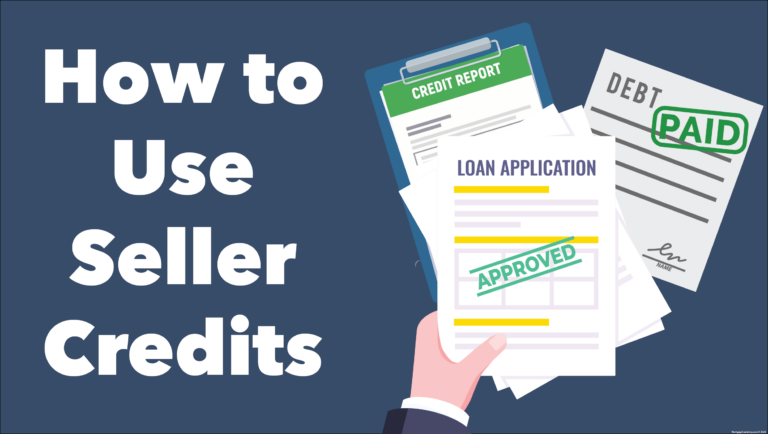

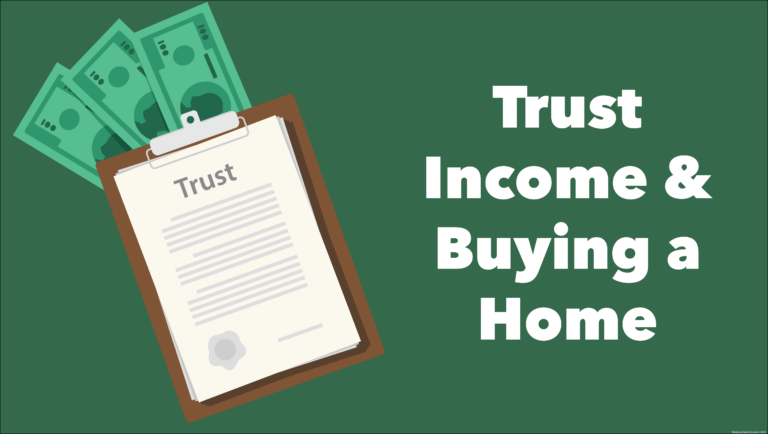
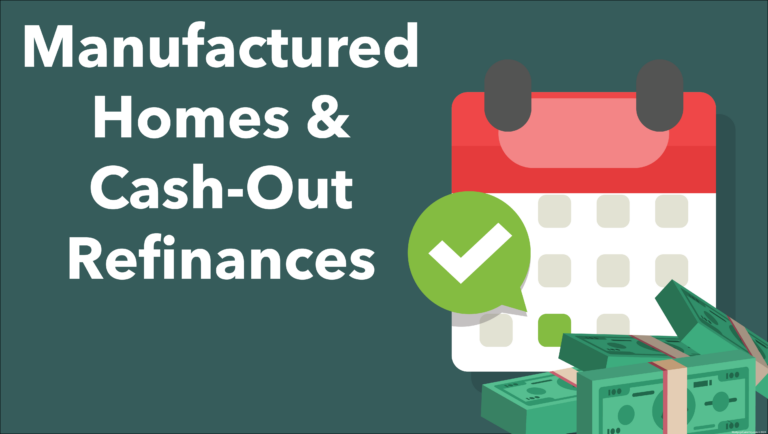
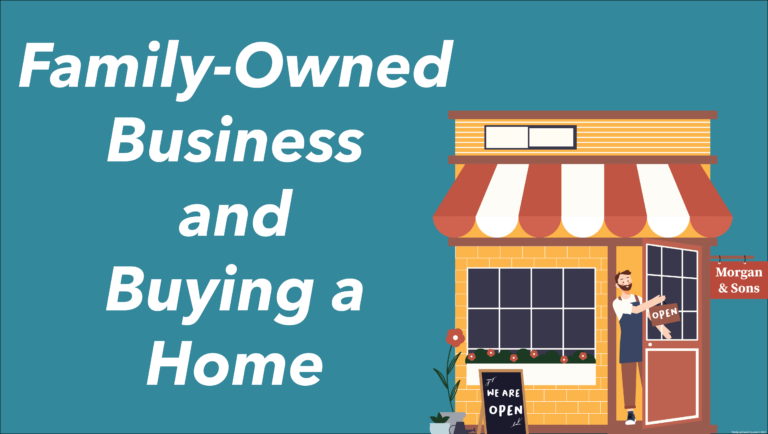

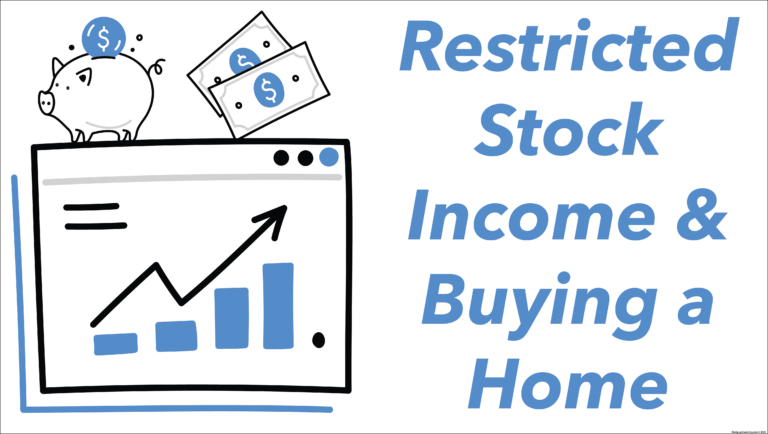
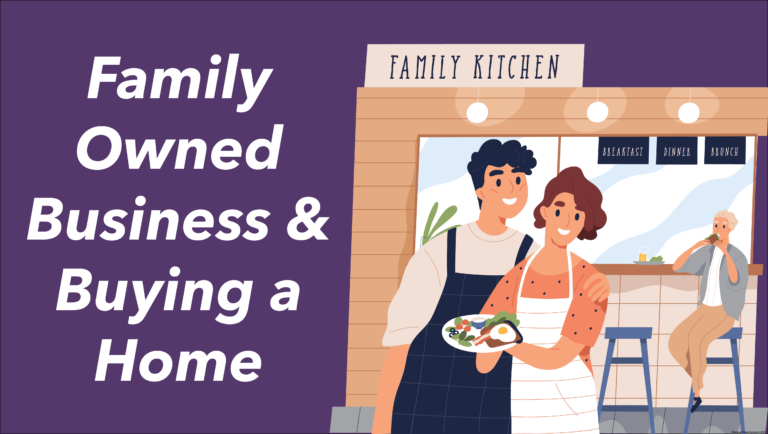
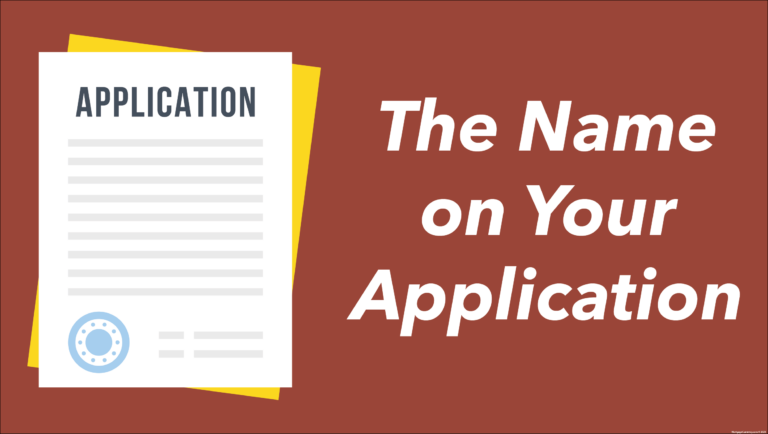
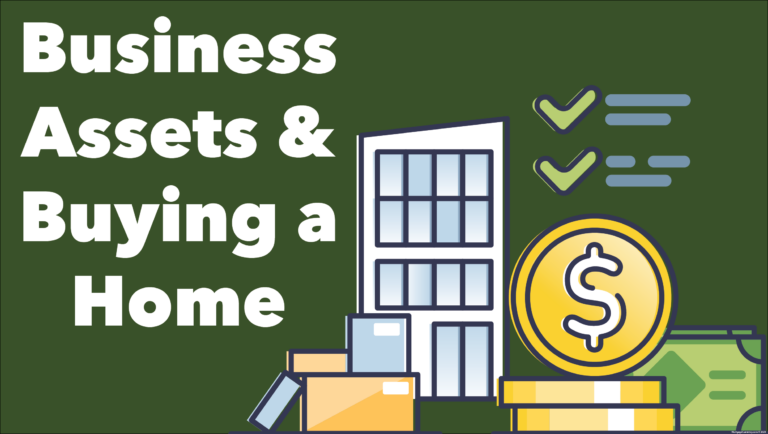
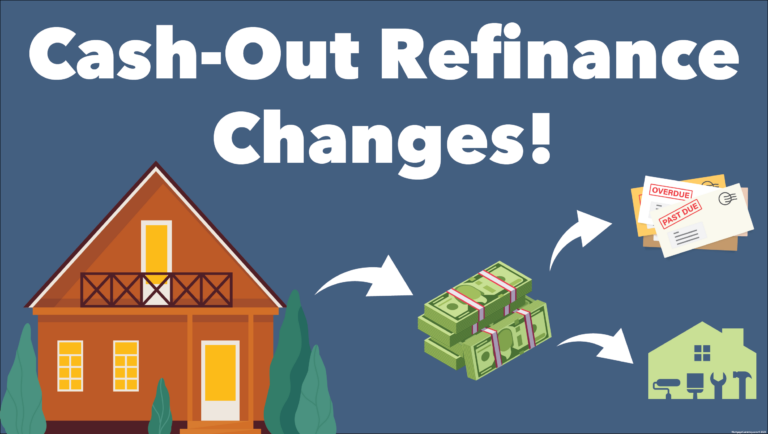
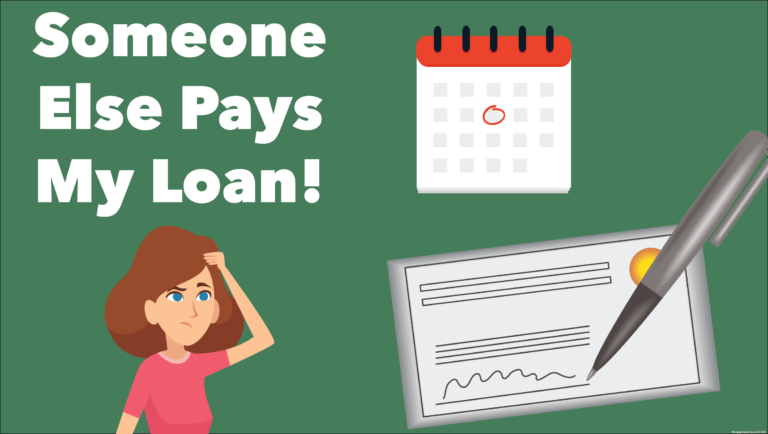

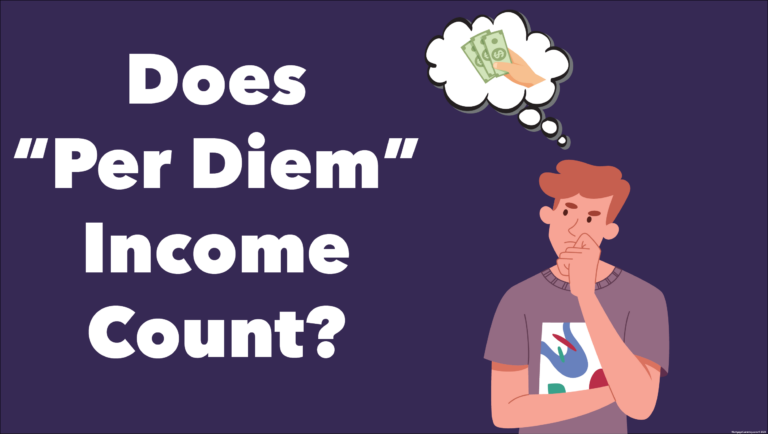
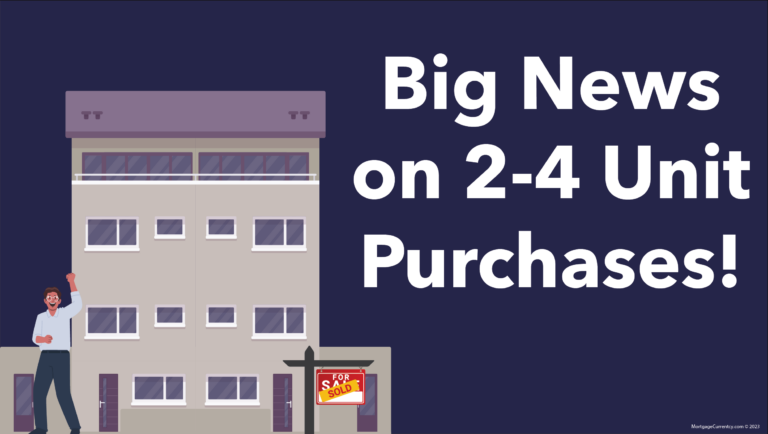
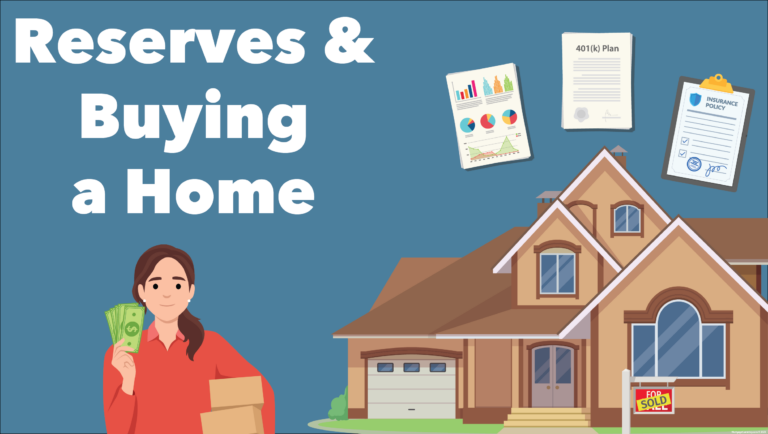

A subscription is required to access this content—please view our available subscription options. If you are a current subscriber, please log in.

A subscription is required to access this content—please view our available subscription options. If you are a current subscriber, please log in.

A subscription is required to access this content—please view our available subscription options. If you are a current subscriber, please log in.

A subscription is required to access this content—please view our available subscription options. If you are a current subscriber, please log in.

A subscription is required to access this content—please view our available subscription options. If you are a current subscriber, please log in.

A subscription is required to access this content—please view our available subscription options. If you are a current subscriber, please log in.

A subscription is required to access this content—please view our available subscription options. If you are a current subscriber, please log in.

A subscription is required to access this content—please view our available subscription options. If you are a current subscriber, please log in.

A subscription is required to access this content—please view our available subscription options. If you are a current subscriber, please log in.

A subscription is required to access this content—please view our available subscription options. If you are a current subscriber, please log in.

A subscription is required to access this content—please view our available subscription options. If you are a current subscriber, please log in.

A subscription is required to access this content—please view our available subscription options. If you are a current subscriber, please log in.

A subscription is required to access this content—please view our available subscription options. If you are a current subscriber, please log in.

A subscription is required to access this content—please view our available subscription options. If you are a current subscriber, please log in.

A subscription is required to access this content—please view our available subscription options. If you are a current subscriber, please log in.